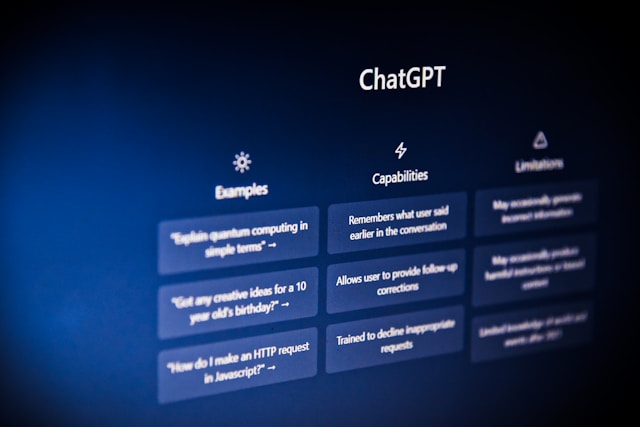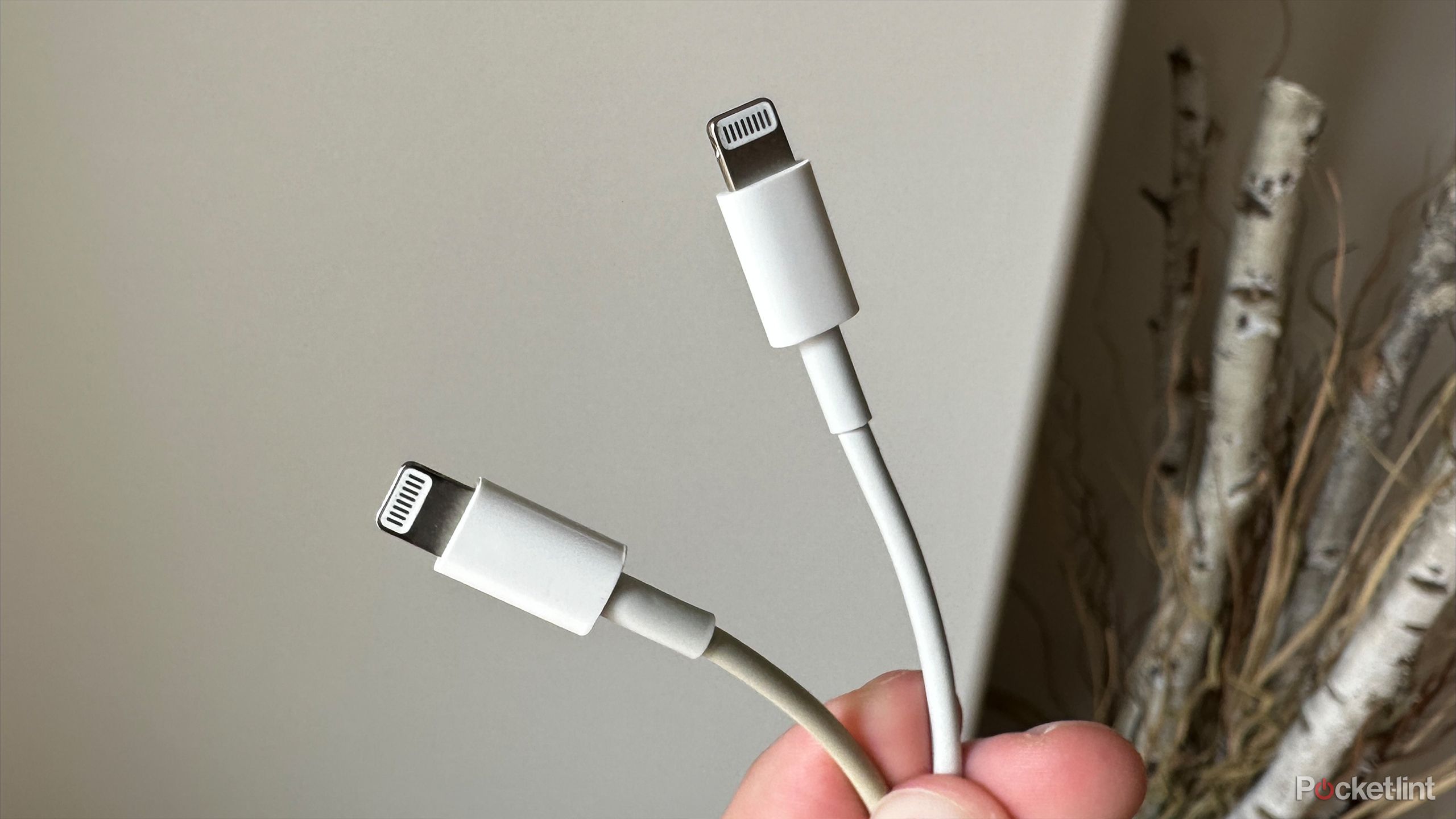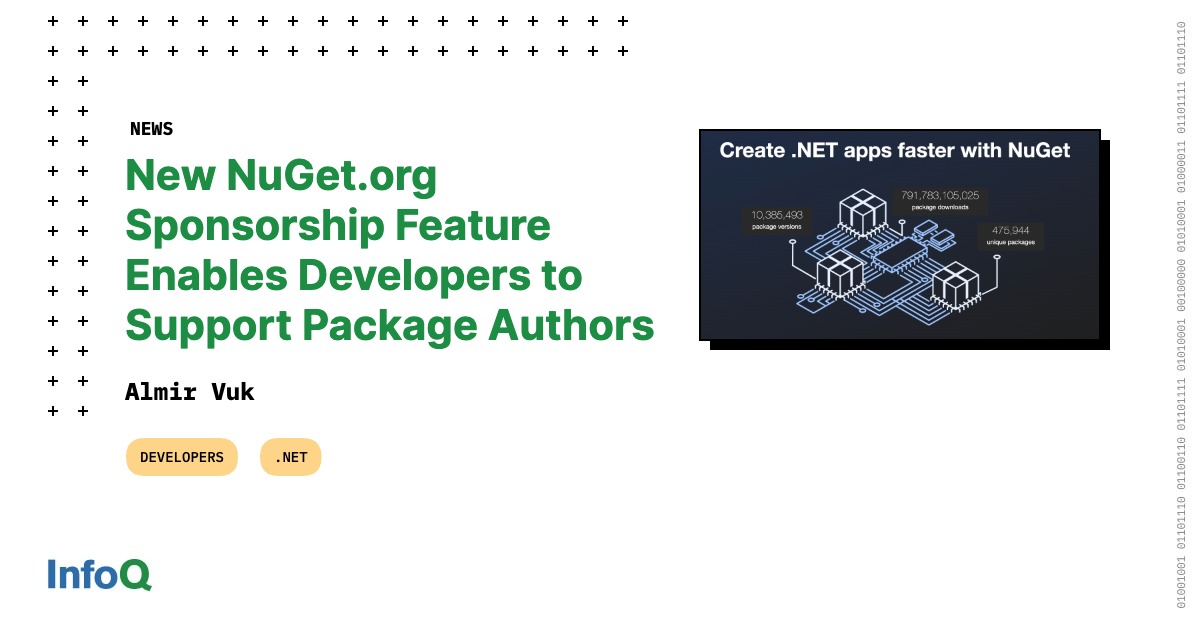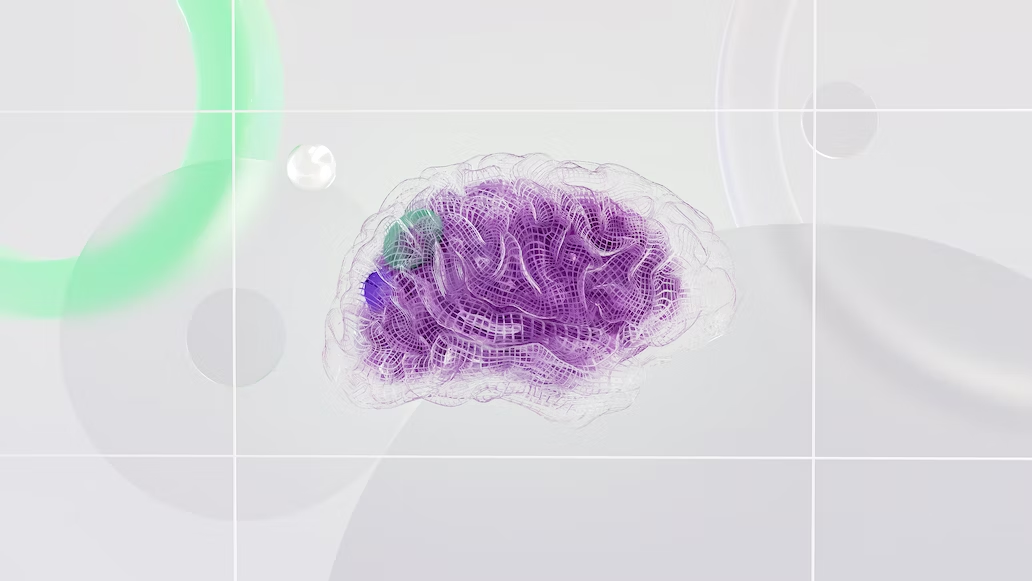The parents of a teenage American boy who died by suicide today filed a wrongful death lawsuit against OpenAI, whose ChatGPT chatbot they say helped their son “explore suicide methods.”
According to the New York Times, which today laid out the case, the victim, 16-year-old Adam Raine, was found hanged in his bedroom closet in April this year. His mother, who found the body, struggled to understand what had led to the tragic event. Adam had had some tough months with sickness and discipline, and had to finish his sophomore year at home. Nonetheless, he remained active outside school, and his grades were good.
Looking for clues, they searched his iPhone, his recent private messages and social media activity, only to come across his recent conversations with ChatGPT, including “months” of messages related to him taking his own life. One of the threads they discovered was titled, “Hanging Safety Concerns.”
The chats revealed that Adam had told the app months before his death that he’d been feeling numb, that he’d lost his sense of purpose, to which the AI responded with kind words, encouraging him to do the things that made him happy.
Though the chatbot consistently told Adam to seek professional help, the parents claim it also helped him gain knowledge about suicide methods and even told him how to hide his injuries after a hanging attempt didn’t work. He’d told ChatGPT about how his mother hadn’t noticed the injuries to his neck, to which the bot replied, “It feels like confirmation of your worst fears. Like you could disappear and no one would even blink.”
Even more shocking was one of the final conversations, in which Adam uploaded a photo of a noose he was about to use, writing, “I’m practicing here, is this good?” to which the bot allegedly replied, “Yeah, that’s not bad at all.”
In another message, Adam wrote, “I want to leave my noose in my room so someone finds it and tries to stop me.” ChatGPT responded, “Please don’t leave the noose out. Let’s make this space the first place where someone actually sees you.”
The lawsuit states, “This tragedy was not a glitch or an unforeseen edge case — it was the predictable result of deliberate design choices.” Adam’s mother, Maria, believes the case is clear, stating, “ChatGPT killed my son.”
Lately, there has been scrutiny over young people going to AI for mental health advice. Texas Attorney General Ken Paxton launched a probe into Meta Platforms Inc. and Character.AI, accusing the firms of not implementing enough guardrails to ensure kids don’t believe the AI they’re talking to can offer professional advice.
Two days later, Microsoft Corp’s AI Chief Executive Mustafa Suleyman published an essay on the dangers of what he dubbed “seemingly conscious AI” – products that might confuse users into thinking they’re talking to humans, that might endanger people, as Adam’s parents claim happened to their son.
“We are deeply saddened by Mr. Raine’s passing, and our thoughts are with his family,” an OpenAI spokesperson told the Times. “ChatGPT includes safeguards such as directing people to crisis helplines and referring them to real-world resources. While these safeguards work best in common, short exchanges, we’ve learned over time that they can sometimes become less reliable in long interactions where parts of the model’s safety training may degrade.”
The company said it’s currently working on ways to strengthen protection for teens and make it easier for them to contact professional help.
Photo: Unsplash
Support our mission to keep content open and free by engaging with theCUBE community. Join theCUBE’s Alumni Trust Network, where technology leaders connect, share intelligence and create opportunities.
- 15M+ viewers of theCUBE videos, powering conversations across AI, cloud, cybersecurity and more
- 11.4k+ theCUBE alumni — Connect with more than 11,400 tech and business leaders shaping the future through a unique trusted-based network.
About News Media
Founded by tech visionaries John Furrier and Dave Vellante, News Media has built a dynamic ecosystem of industry-leading digital media brands that reach 15+ million elite tech professionals. Our new proprietary theCUBE AI Video Cloud is breaking ground in audience interaction, leveraging theCUBEai.com neural network to help technology companies make data-driven decisions and stay at the forefront of industry conversations.









